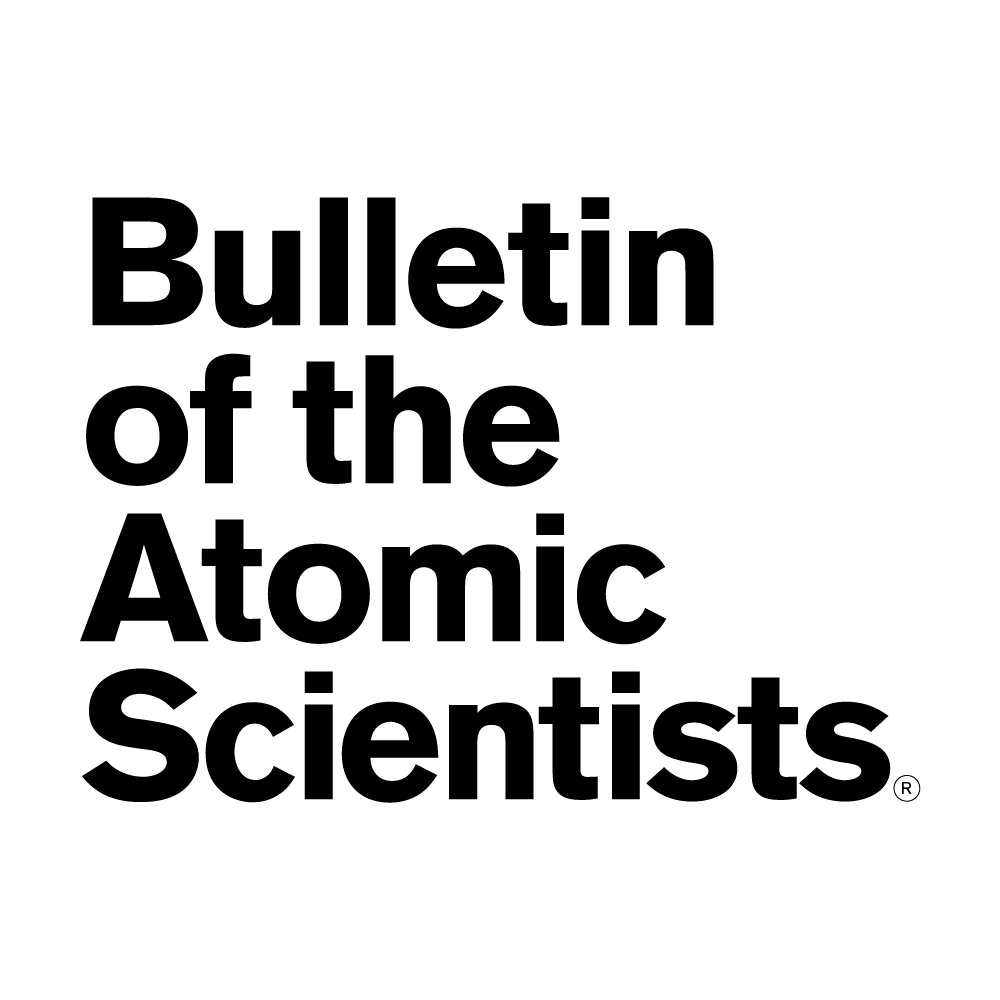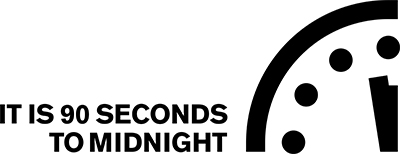
Bulletin of the Atomic Scientists, September 25, 2023
Posted: 25th September 2023

Image courtesy of BrownMantis / Pixabay
DISRUPTIVE TECHNOLOGIES
Will AI make us crazy?
Social media and excessive screen time are already being blamed for an epidemic of anxiety, depression, suicide, and mental illness among America’s youth, reports Bulletin editor Dawn Stover. “Chatbots and other AI tools [...] are expected to take online engagement to even greater levels.” Read more.
DISRUPTIVE TECHNOLOGIES
Gain-of-function pathogen research is controversial and widespread. Can it be regulated?
A new report surveying gain-of-function research over the last 20 or so years concludes that regulating it “will be difficult.” The survey comes as gain of function has come under a political and funding microscope. Read more.
NUCLEAR RISK
Why Japan should stop its Fukushima nuclear wastewater ocean release
Japan’s controversial plan for Fukushima “treated water” lacks public trust, says vice director at the Research Center for Nuclear Weapons Abolition Tatsujiro Suzuki. It’s time to stop it and find better alternatives. Read more.

Thank you for supporting our mission!
Today, the Bulletin is the recognized leader in addressing catastrophic risk at global scale. Your support has made this possible.
As a token of our appreciation, we are offering a free Bulletin merch item when you establish a monthly recurring donation of $10 or more or a one-time donation of $120 or more.
SPECIAL TOPICS
Stephanie Carper joins the Bulletin
The Bulletin is thrilled to welcome Stephanie Carper as our new chief advancement officer, where she will oversee all aspects of fundraising, including individual, foundation, corporate, and event giving. Read more.
SPONSORED
Stanford Faculty Appointment — International Security Policy
Seeking expert in nuclear security, arms control, nuclear energy, nuclear terrorism, national security law or international humanitarian law as related to nuclear issues, or related topics. For appointment as tenured faculty. Apply now.
QUOTE OF THE DAY
“The danger is great and growing. Nuclear-armed states must eliminate their nuclear arsenals before they eliminate us.”
— A collection of public health experts, professors, and writers, “Reducing the risks of nuclear war — The role of health professionals,” New England Journal of Medicine
Your ongoing support ensures we stay on mission and get the job done.
Thank you!

